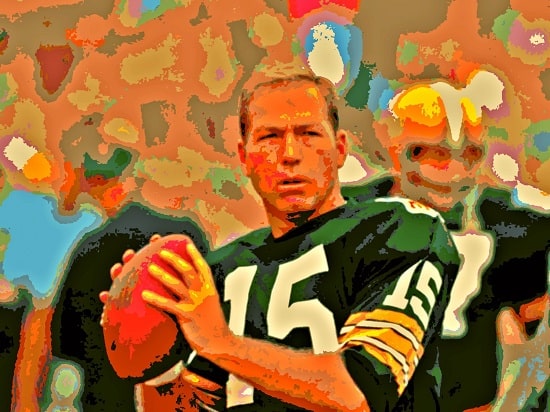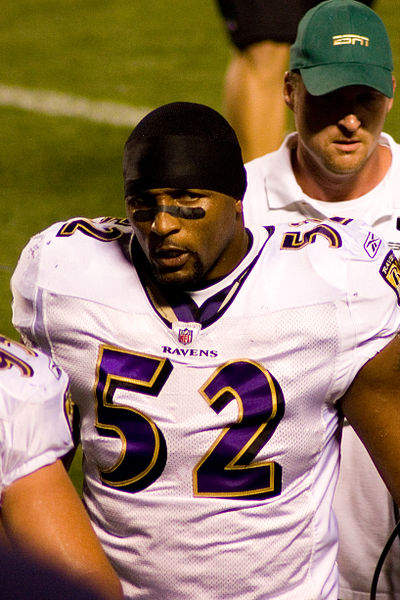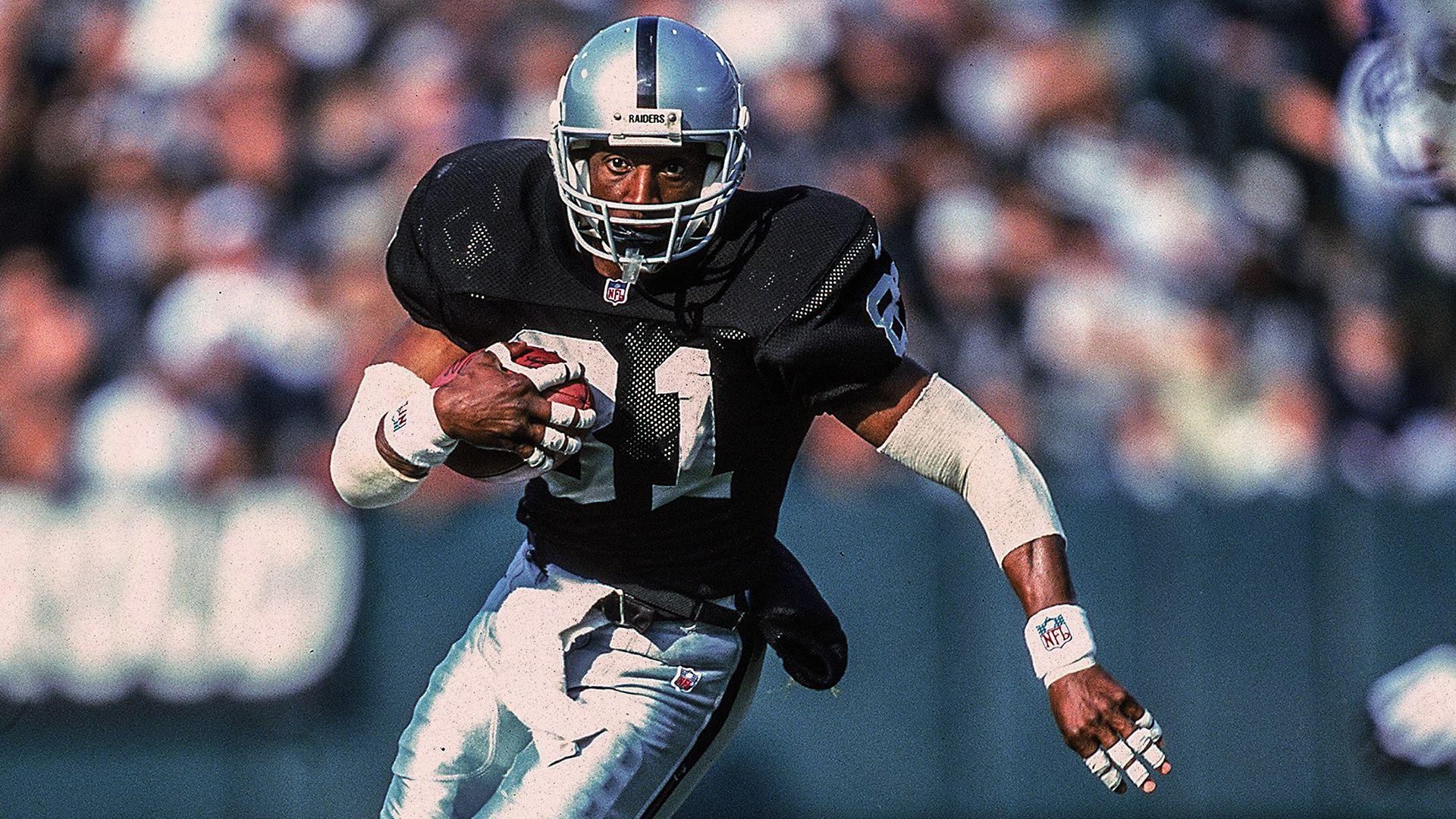In the storied history of the NFL, a select few individuals have become more than just players; they’ve become defining figures of their era. Drew Brees fits comfortably in this exclusive group, distinguishing himself not merely as an exceptional quarterback but as a model of grit, leadership, and altruism. Retiring after the 2020 season, Brees has left a lasting impression on football that can’t be easily erased. However, his impact isn’t limited to the playing field; it radiates into a broader life philosophy that goes beyond the boundaries of the sport.
Modest Origins :
Drew Brees, born in Austin, Texas, on January 15, 1979, faced obstacles on his journey to fame. Though he exhibited considerable talent in high school football, his height of just 6 feet was deemed inadequate for a quarterback by many college recruiters. Undeterred, Brees decided to go to Purdue University, where he broke numerous university and league records and racked up several honors, solidifying his status as a college football sensation. However, skepticism from NFL evaluators still loomed over his prospects.
The San Diego Years :
Drafted by the San Diego Chargers in the second round of the 2001 NFL Draft, Drew Brees faced a rocky start in the league. In his inaugural year, he primarily served as a backup quarterback. His second year featured a roller-coaster of ups and downs, culminating in a mediocre 8-8 season, although it provided glimpses of his future potential. The 2003 season proved challenging, prompting the Chargers to draft Philip Rivers as a possible alternative. Where this situation might have deflated others, it only ignited Brees’ drive to excel. In the following season, he guided the Chargers to an impressive 12-4 season and earned a Pro Bowl selection.
Finding Refuge in New Orleans :
Although he had found some success, Brees’ future in football was cast into doubt when he sustained a severe shoulder injury in the final game of the 2005 season. Opting to advance with Philip Rivers, the Chargers parted ways with Brees, who then joined the New Orleans Saints. This move would become a pivotal moment not just for Brees but for New Orleans as a city. The metropolis was still recovering from the devastation of Hurricane Katrina when Brees arrived. As New Orleans embarked on a journey of renewal, Brees simultaneously worked on his own physical and career rehabilitation.
Reaching the Pinnacle of Success :
In no time, Brees cemented his role as the linchpin of the Saints organization. The 2009 season saw him steer the team to their inaugural Super Bowl victory, defeating the Indianapolis Colts and earning himself the Super Bowl MVP award. This triumph was more than just a win; it represented a beacon of hope and resilience for a city still on the mend.
While Brees’ remarkable stats—over 72,000 passing yards, more than 500 touchdown passes, 13 trips to the Pro Bowl, and a plethora of record-breaking performances like the highest career passing yards and the longest streak of games with a touchdown pass—are certainly noteworthy, they capture only a fragment of his larger narrative.
Guidance and Generosity :
Drew Brees was more than just a standout player; he was a true leader in every sense, inspiring teammates and exuding grace under fire while instilling a culture of responsibility. His leadership qualities didn’t stop at the sidelines but extended into his charitable work. Via his charitable organization, the Brees Dream Foundation, he donated millions to elevate the lives of those battling cancer and to offer essential services, education, and opportunities to underprivileged children and families.
Controversies and Triumphs :
Brees’ career wasn’t without controversy. In 2020, he faced backlash for comments about kneeling during the national anthem. Brees quickly apologized and took the moment as an opportunity to grow and engage in open dialogue about social justice issues. This instance showed Brees’ ability to admit mistakes, learn from them, and strive for a more inclusive environment.
The Final Bow and Enduring Legacy :
In March 2021, Drew Brees announced his retirement from professional football. The announcement marked the end of an era, but the legacy he leaves is eternal. Brees isn’t just a retired NFL quarterback; he’s a symbol of what it means to overcome adversity and excel in multiple dimensions of life.
Drew Brees will be remembered not only for his pinpoint accuracy or game-winning drives but for his commitment to his community, his leadership, and his indomitable spirit. The story of Drew Brees serves as a lesson in resilience, a masterclass in leadership, and a heartwarming tale of community service.
So, when future generations speak of football legends, the name Drew Brees won’t just echo as one of the greatest quarterbacks to ever play the game. It will resound as a testament to what it means to be a great human being—skilled, resilient, compassionate, and ever-evolving. The essence of Drew Brees’ legacy can be encapsulated in one of his quotes: “You are either getting better or you’re getting worse, but you never stay the same.” This sums up his continuous quest for improvement, a trait that distinguishes him as one of the most influential figures in sports and beyond.




